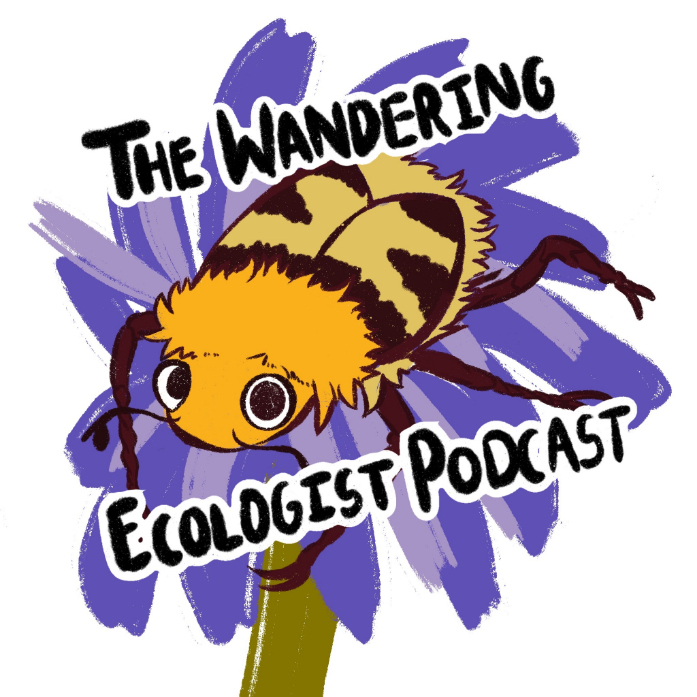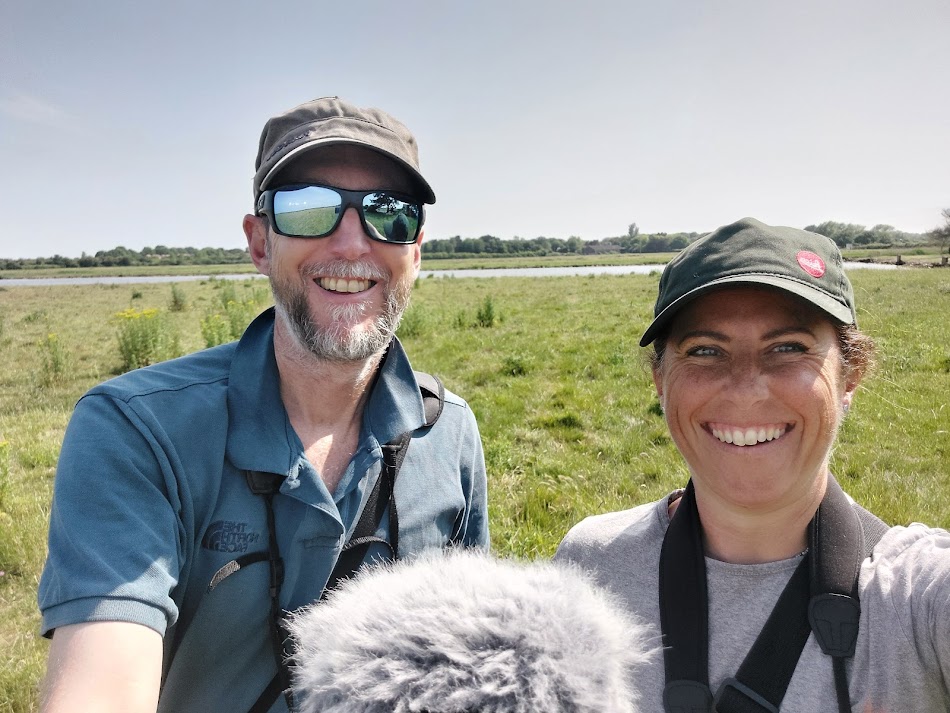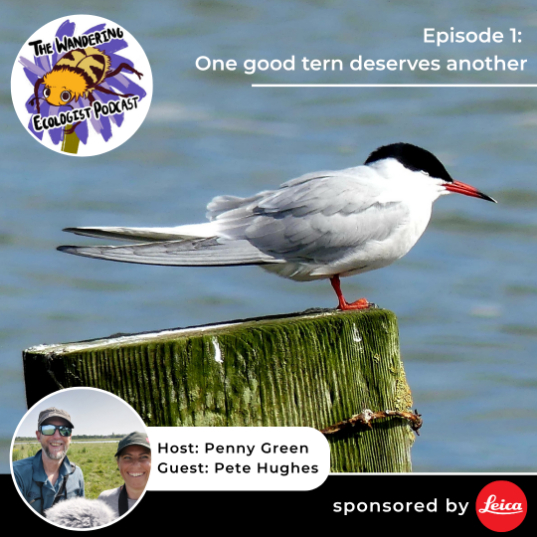Our tern rafts were recently the subject of a podcast episode, made by The Wandering Ecologist, Pen Green. Pen joins our ecologist, Pete Hughes to find out all about the success of our tern rafts in restoring the Common Tern populations of Chichester Harbour. Part of the Return of the Tern project, the rafts provide valuable nesting habitats for these beautiful seabirds.
The Wandering Ecologist – Celebrating positive nature conservation news – one story, one friendship, one wild place at a time.
This is the first episode of Pen’s brand new Wandering Ecologist Podcast. She has hosted the Knepp Wildland Podcast for 5 years with 40 episodes and over 230,000 downloads, so we’re honoured to be featuring as the first episode in her new series.
About her new series, Pen says:
“Having worked in conservation for 25 years I realised that I am surrounded by such amazing friends, passionate about nature conservation and delivering outstanding results for wildlife. I wanted to celebrate these people and their success stories by sharing them on this podcast and to help bring positive vibes from the natural world into other people’s lives, to help buffer against the doom and gloom we experience in the news every day. There are brilliant people fighting hard – dedicating their lives – to help nature conservation, and these champions give us reasons to be hopeful.”

What is in the podcast?

We will be learning all about the success of the Return of the Tern nature recovery initiative and how some nesting rafts are restoring the breeding populations of Common Terns to Chichester Harbour.
These beautiful migratory seabirds nest on shingle, but this natural nesting habitat can be severely affected year on year by a multitude of problems including high spring tides and storm surges, resulting in their nest sites being washed away. The floating artificial nesting platforms provide the Common Terns, and some noisy Black-headed Gull neighbours, with a secure shingle habitat whilst long-term solutions are being sought to create more stable natural nesting sites.
We talk about the importance of 3D printers and fish surveys, and how to get hooked on Tern TV!
